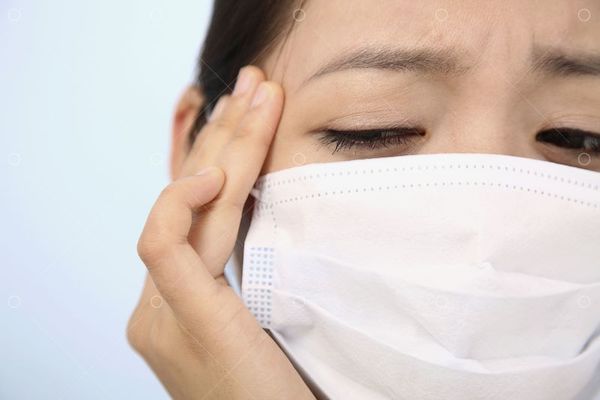A big advantage of taking up a winter sport is that you don’t have to worry about bugs. To me, this is a real plus. I’m the sort of person who mosquitoes find irresistable (and yes, there’s a scientific basis for this. More on that shortly).
 It turns out that I’m not the only one. Mosquitoes seem to be causing problems for a lot of people this summer. Take the athletes for the 2016 summer games in Rio. A number have already stated they won’t go because of the mosquito-borne Zika virus. Even Lindsey Vonn, who planned to attend as a spectator, is taking a pass.
It turns out that I’m not the only one. Mosquitoes seem to be causing problems for a lot of people this summer. Take the athletes for the 2016 summer games in Rio. A number have already stated they won’t go because of the mosquito-borne Zika virus. Even Lindsey Vonn, who planned to attend as a spectator, is taking a pass.
Zika isn’t the only disease we can get from mosquitoes. There’s malaria, dengue, chikungunya, West Nile, and encephalitis. According to the World Health Organization, mosquito bites result in more than a million deaths each year. Most of these are caused by malaria. That said, there are more than 2,500 species of mosquito, and different mosquitos spread different things. The Zika virus, for example, is transmitted by an infected mosquito from the the aedes genus.
Here in the US, malaria isn’t a huge problem. Although we still get a few hundred malaria cases per year, most are in travelers returning from a malaria-ridden country. Instead, you’re more likely to suffer from an itchy welt — annoying, but certainly not dangerous. Unfortunately, if you want to engage in outdoor activities during the summer — as many Ski Divas do — mosquitoes are something you just have to deal with. So what’s to be done? Is there any way to keep from being eaten alive?
As I said before, I seem to get bitten more than my fair share. And I’m not imagining it, either. Scientists have determined that some people are more prone to mosquito bites than others. One study found that in a controlled setting, mosquitoes landed on people with Type O blood nearly twice as often as those with Type A. (My husband is a Type A, I’m Type O). Another reason can be the bacteria on your skin. To a mosquito, certain combinations of bacteria smell particularly enticing. And there’s also exercise. An increase in body temperature attracts them, too, as does the carbon dioxide we exhale and the lactic acid we produce. And yes, they’re also more attracted to beer drinkers and pregnant women.
Is there any way to keep mosquitos from biting?
Well, yes, there is. Obviously, one way is to cover up as best as you can, and use an insect repellent that contains DEET. DEET worries me, though. While it’s not a carcinogen, long-term exposure may cause moodiness, insomnia, and impaired cognitive function. Studies have also shown that after high concentrations of continued exposure, DEET can cause hypertrophy of the liver and kidneys as well as stimulation of the central nervous system which can cause tremors and seizures. DEET products also have the potential to damage the water supply. DEET can not only harm aquatic life-forms, but it can also enter the drinking supply as runoff if farmers mishandle the product.
Luckily, there are plenty of ways to stay bite free that don’t involve DEET:
• Avoid fragrances and scented soaps and body washes.
• Avoid food that contains high levels of salt and potassium. This will reduce the amount of lactic acid that your body produces, thereby decreasing the likelihood that your scent will attract insects.
• Use natural oils, such as lemon oil, citronella, cinnamon, castor, rosemary, lemongrass, cedar, clove, geranium and peppermint oils. These are natural, effective ways mosquito repellents and are not threatening to the environment.
• Wear light colors. Dark colors stand out to mosquitoes who are looking for food, but light colors appear less attractive, since they look for colors that contrast with the horizon line.
• Use a fan. A light wind makes it harder for mosquitoes to fly. Direct the air flow downward since these pests fly low to the ground as they try to avoid the wind.
• Pray for winter. Mosquitoes hibernate. They are cold-blooded and prefer temperatures over 80°F. At temperatures less than 50°F, they shut down for the winter. The adult females of some species find holes where they wait for warmer weather, while others lay their eggs in freezing water and die. So yet another reason to dream of ski season.


![How to stay motivated [Translation: whatever works].](https://www.theskidiva.com/wp-content/uploads/2014/07/exercise_motivation.png)
